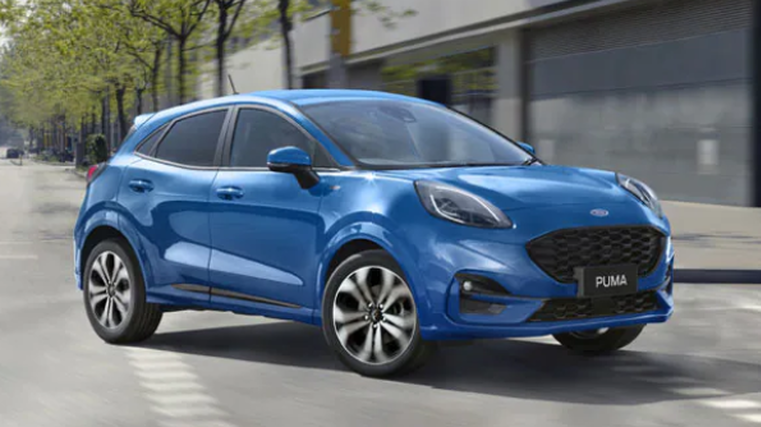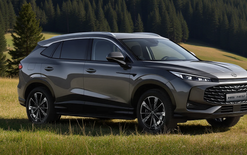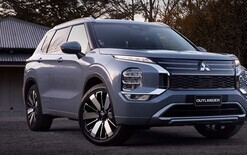Puma takes UK title

The new-car market in the UK has recorded its best year since the Covid-19 pandemic with 1.903 million units sold in 2023 for an increase of 17.9 per cent, reports the Society of Motor Manufacturers and Traders.
Growth was driven entirely by fleet investment as the previous year’s supply constraints faded and helped fulfil pent-up demand.
Fleet deliveries rebounded by 38.7 per cent year on year while business registrations, a small proportion of the market, fell by 1.5 per cent.
Private consumer demand remained stable last year at 817,673 units after a strong recovery in 2022 with cost-of-living pressures and high interest rates constraining growth.
While the overall new-car market remained 17.7 per cent below pre-pandemic levels, the surge in uptake compared with the previous year saw the value of new-car sales jump by more than £10 when billion – or about NZ20.38b – to around £70b with 288,991 extra vehicles hitting the road.
The UK’s top three models were the Ford Puma, pictured, on 49,591 units, Nissan’s Qashqai with 43,321 and Vauxhall’s Corsa on 40,816. Then came the Kia Sportage with 36,135 and Tesla’s Model Y on 35,889, which was also the market’s best-selling BEV.
Buyers showed a continued preference for super-minis, dual purpose and lower-medium cars, which accounted for 29.8, 28.6 and 28.2 per cent of the market respectively.
Motorists continued to invest heavily in low and zero-emissions vehicles, which meant average new-car carbon-dioxide output fell by 2.2 per cent to 108.9g/km.
Hybrids recorded robust growth, up 27.1 per cent to reach a 12.6 per cent market share, while plug-in hybrids climbed by 39.3 per cent to account for 7.4 per cent of the market.
Battery electric vehicle (BEV) uptake reached a record volume – up by almost 50,000 units with 314,687 new registrations. That was more than in 2020 and 2021 combined.
Overall, BEVs accounted for one-in-six new cars registered in the UK during 2023, with the majority taken by business and fleets, which benefit from tax incentives. In contrast, one-in-11 private buyers chose a BEV.
Since the end of the plug-in car grant in June 2022, the UK is the only major European market with no consumer BEV purchase incentives, but it is now also the only market with mandated minimum targets for new ZEV registrations.
With mainstream consumer demand flat, the industry is calling on the government to support private buyers by halving VAT, the UK’s equivalent of GST, on new BEVs for three years.





